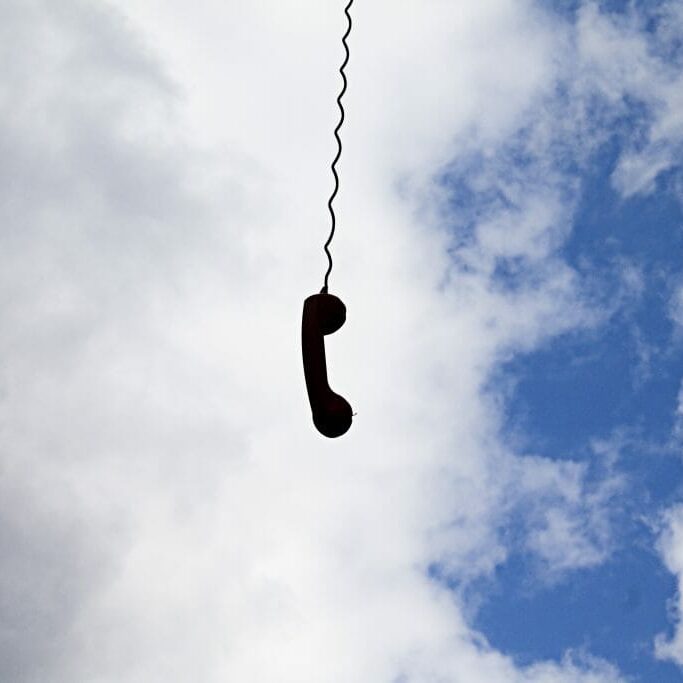
Funding cuts to DSU sexual assault phone line leaves survivors without campus support
"It’s telling survivors that they’re not supported, that this peer-to-peer programming is not something that they value."
Dalhousie University is facing backlash from the community following the announcement that the Sexual Assault & Harassment Phone Line will be cut off after Nov. 3. Aimed at Dalhousie and King’s students, the phone line provides anonymous peer-to-peer support for victims of sexual and gender based harassment and violence.
The phone line previously established financial support to run 24/7 for the 2015/2016 fall and winter terms. Funding for the 2016/2017 school year was contingent on the ability of the university’s administration and student union to agree on funding.
“I think it sends a really bad message,” said Rebecca Stuckey, outreach and education coordinator at South House Sexual and Gender Resource centre. “It really does the opposite of what this community should be doing at this time. It’s telling survivors that they’re not supported, that this peer-to-peer programming is not something that they value when the opposite should be true.”
In January 2015 Dalhousie approved an external task force to investigate the matter of the notorious “Class of DDS 2015 Gentlemen”. The task force released a 100 page report outlining specific recommendations for the university administration’s next steps. A common theme throughout the report was shifting the focus to structural change that can transform campus culture.
The Sexual Assault & Harassment Phone Line fit into recommendations of increased awareness and support for sexual assault victims.
“They paid money to make these reports after certain incidents on campus, and they’re going against what these reports told them to do,” said Rhiannon Makohoniuk, Vice President Internal of Dalhousie Student Union.
“They’re going against the fact that students said they don’t always trust services from the university around sexual and gender based violence. They’re actively not supporting a peer-to-peer, student led initiative for students on campus. I think that’s troubling.”
“A lot of the programs that the university is running are very formal ways of disclosing if anything happens,” said Stuckey. “Going into a room, having to sit down and have a formal process done. Research has shown that the majority of people affected by sexualized violence don’t want to go about that way. A lot of survivors aren’t comfortable doing that, they like the anonymity of the phone line.”
Sexual assault narratives regularly focus on cisgendered heterosexual male assaulters and cisgendered heterosexual female survivors. Injustice at Every Turn, a 2011 report of the National Transgender Discrimination Survey, found that 64% of transgender people have experienced sexual assault in their lifetime.
“The fact that they cut funding, that doesn’t help any community that needs support—especially ones that are alienated already,” said Rachele Manett, president of DalOUT. “The funding is such a small thing for them to do, but such a huge thing for everyone on campus, especially marginalized populations.”
“We know that LGBTQ+ people and other marginalized communities are disproportionately affected by sexualized violence,” said Michael Murray, Secretary of DalOUT. “It’s just a lack of respect that they’ve shown to students—blatant disrespect.”
“One thing that I am excited about is that near the end of the month we will be having conversations with students and community members about what sexualized violence initiatives can look like through the student union and at Dalhousie going forward, “ says Makohoniuk. “It’s terrible that this phone line may not continue, but it’s good that these conversations are happening and are going to happen.”
A two-part strategy session on next steps will take place on September 27 and October 6 at 5:30pm in Room 303. The DSU invites anyone interested in combatting rape culture on campus to come out and take part in the discussions.
If you or someone you know has experienced sexual or gender based violence and harassment, the DSU Sexual Assault & Harassment Phone Line is available from September 3 – November 3, 12pm-12am 7 days a week at 902-425-1066






